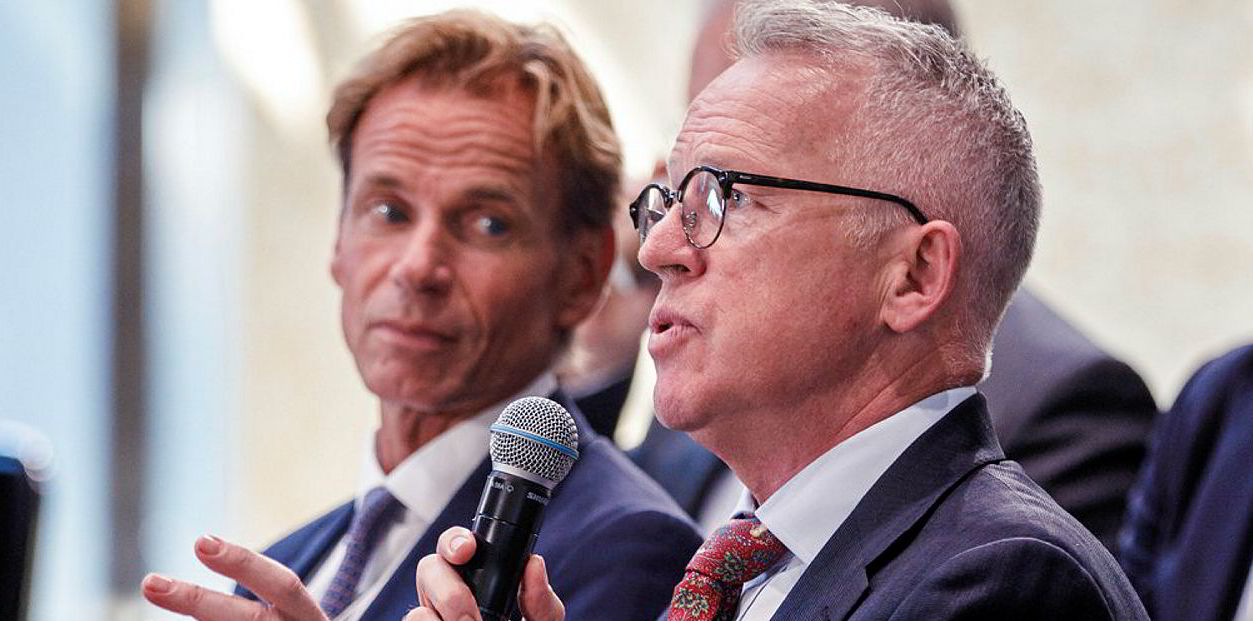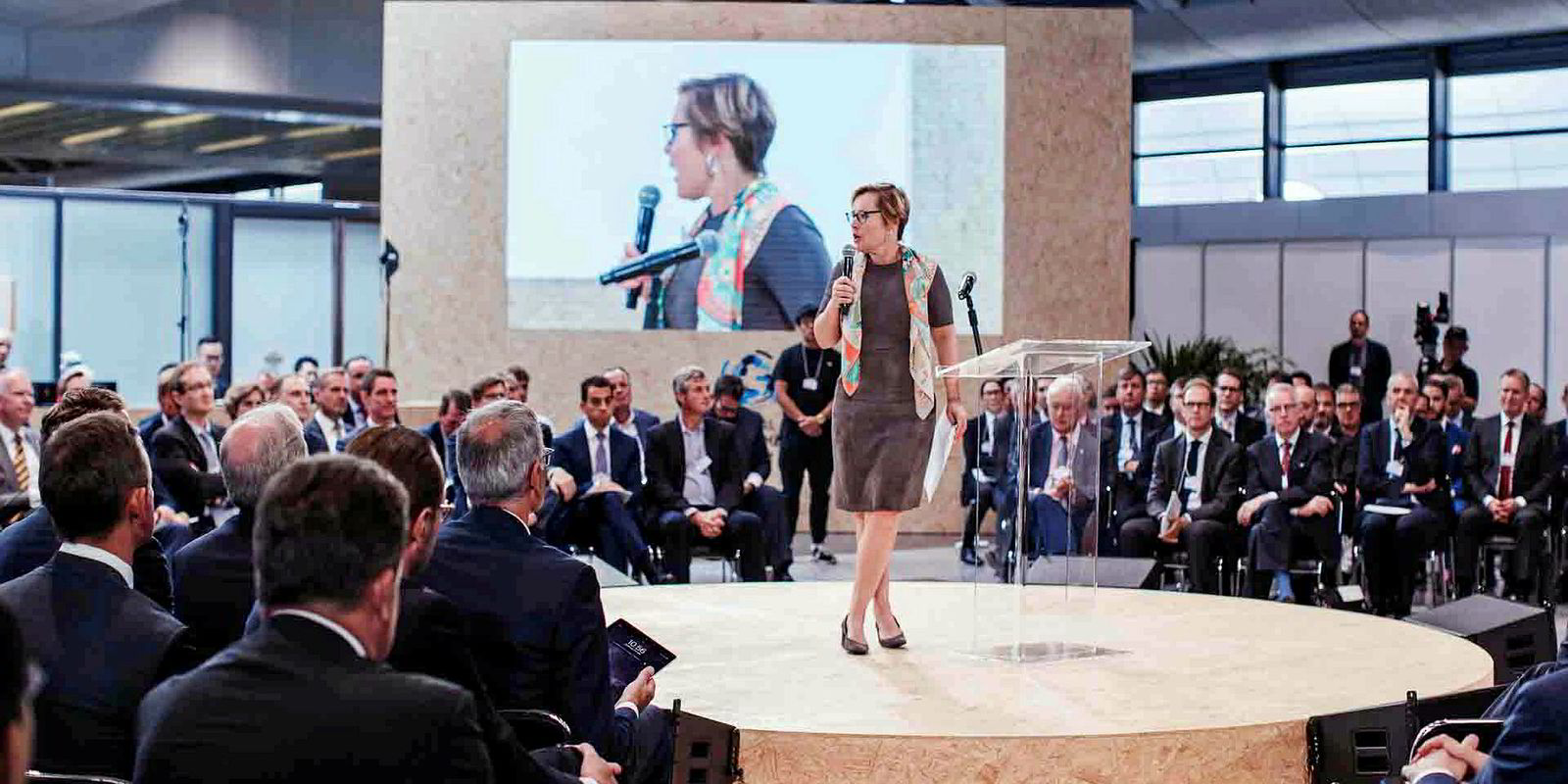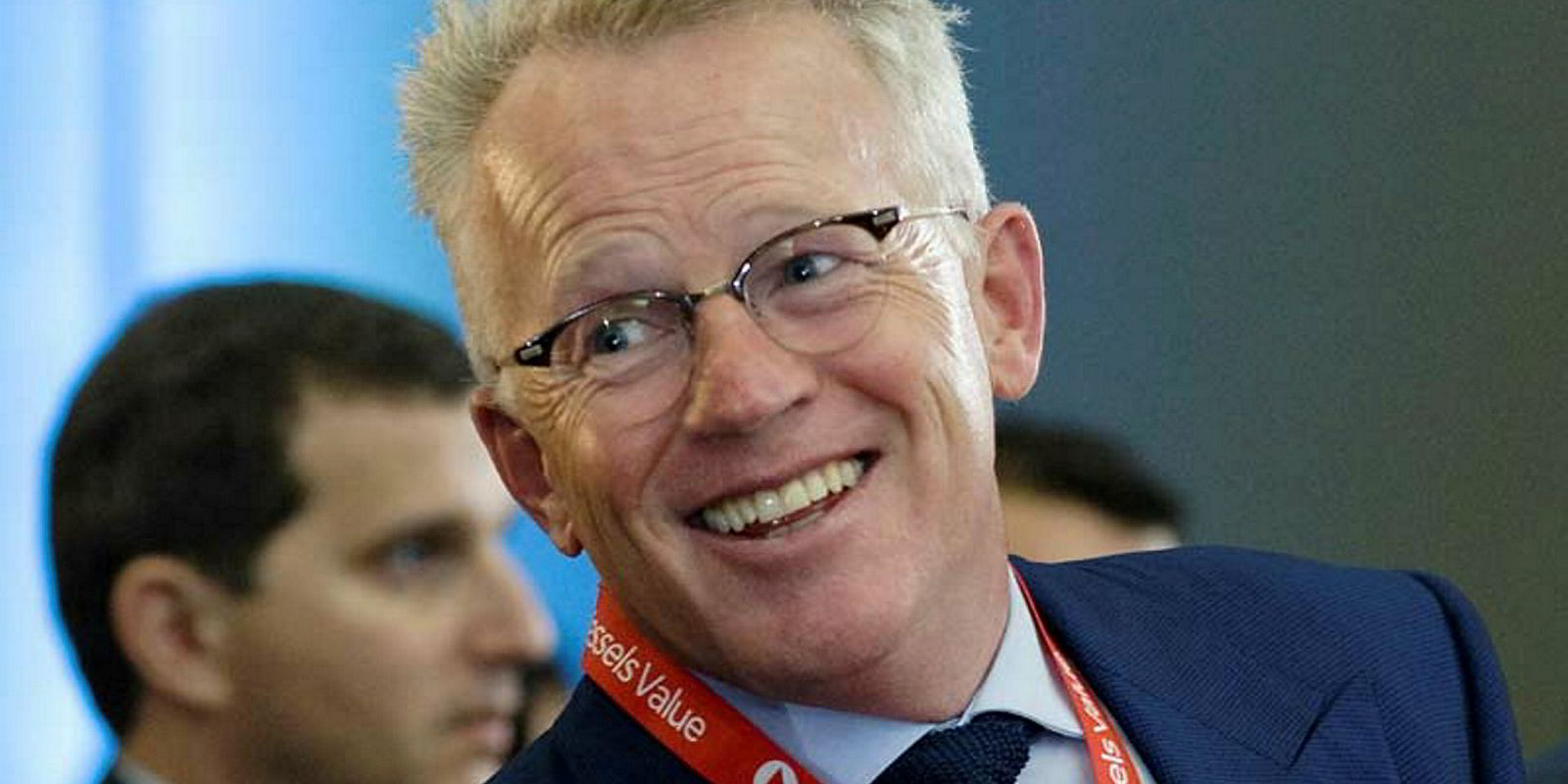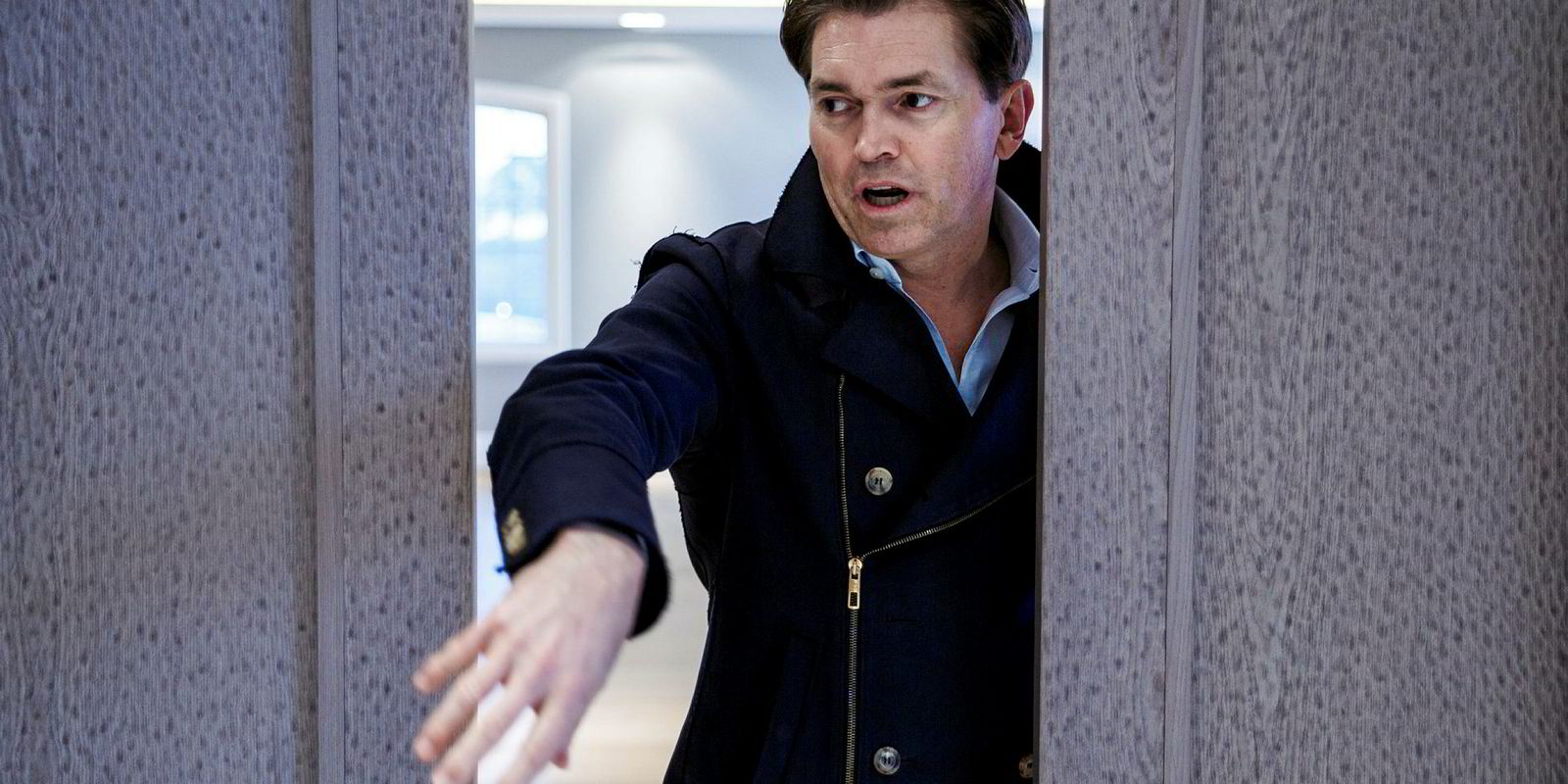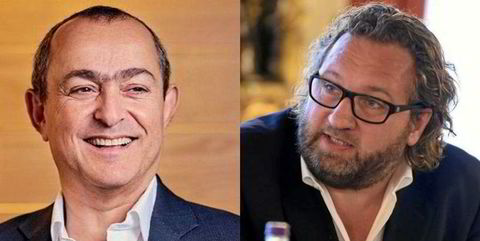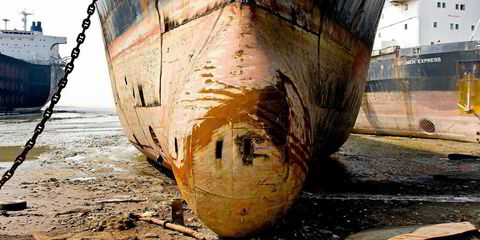Euronav spelled out its sceptical stance on scrubbers as it reported a third quarter loss in a tanker market where growing demand is boosting rates despite trade war tensions.
Euronav chief executive Paddy Rodgers has been a regular critic of the exhaust gas cleaning systems, which, according to Arctic Securities, will presently be installed on 99 VLCCs by 2020.
The position was explained in the company’s third quarter report today and in a subsequent by chief executive Paddy Rodgers on Bloomberg TV.
"One of the rules the IMO brought in – and I believe mistakenly – is to allow exhaust gas cleaning equipment so that old dirty fuels could still be used so long as you clean the exhaust," Rodgers said.
"The problem with this of cause is that once you clean the exhaust – which you do with sea water – you simply industrialise pollution by pumping it overboard. This looks like something that is very vulnerable to future regulation."
In its quarterly report Euronav said refiners and oil producers had increasingly made clear sufficient compliant fuel would be available and referred to scrubbers as a loop hole which made enforcement of the sulphur ban extremely complex and difficult to enforce.
Tanker giant Euronav has yet to commit to installing the equipment on its vessels and explained a merger with Gener8 Maritime had been an important part of our wider IMO 2020 preparation.
Three core concerns
Euronav highlighted three areas of concern relating to scrubbers. It said the $5m upfront investment was required with “virtually no visibility of a return on capital”.
“Pomoters of scrubbers have used MGO as a proxy for the price of compliant fuel. Some refiners including Sinochem have recently confirmed that they will sell clean compliant fuel at a price likely to be half the difference between dirty HFO and MGO,” it argued.
“So the investment case now has half the returns being promoted and it is still 14 months before implementation and nothing suggests this price gap will not further narrow in that time.”
Environmental concerns around open-loop scrubbers were also raised, with the wastewater producing a “toxic cocktail of sulphuric acid constituents, polycyclic aromatic hydrocarbons and heavy metals which are pumped into the open ocean”.
This, Euronav argues, creates an operational risk related to possible further capex, and the potential for regulatory changes when the technology faces the court of public opinion.
Euronav’s third flag was raised against compliance, where flag states are ill equipped to ensure fair play, and activity on the open sea can't be policed.
The commentary came as Euronav reported a loss of $58.75m for the third quarter, a performance analysts say is largely inline with expectations.
Its adjusted loss per share of $0.31 was deeper than the $0.28 per share consensus, with Rodgers noting in an interview with Bloomberg the merger with Gener8 made forecasts difficult.
Rodgers said: “The direction of travel for the large tanker market has changed from going sideways to up. Demand for and supply of crude has continued to improve as OPEC production has increased and the dislocation from Iranian sanctions has boosted and will continue to boost commercial tanker operators.
“Whilst the VLCC delivery schedule will remain high over the next 12 months, active recycling activity has kept net fleet growth negative so far year to date.”
